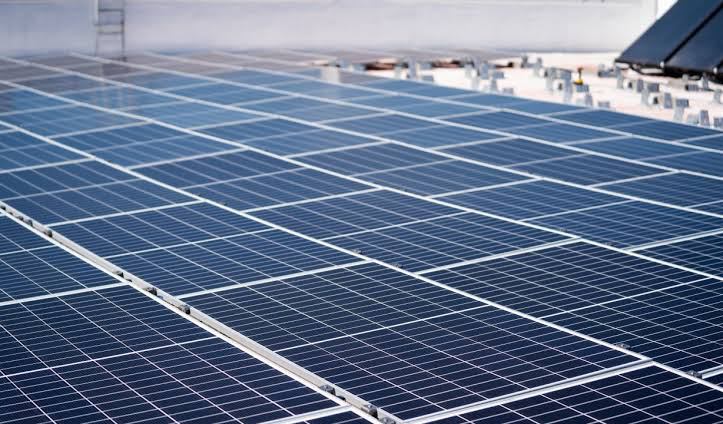A recent study reveals that Africa has a $193 billion opportunity in renewable energy, positioning the continent as a significant player in the global green energy transition. The report highlights the vast untapped potential across various renewable sources, including solar, wind, and hydroelectric power, and emphasizes the continent’s strategic importance in meeting global climate goals.
The study, conducted by a leading international energy research firm, indicates that Africa could add up to 310 gigawatts (GW) of renewable energy capacity by 2030. This expansion is seen as critical for addressing the continent’s growing energy needs while also contributing to global efforts to reduce carbon emissions. “Africa’s renewable energy potential is enormous, and harnessing it is key to sustainable economic growth and development,” said one of the report’s authors.
Solar power is identified as the most promising sector, with vast areas of the continent receiving abundant sunlight year-round. The study estimates that solar projects alone could account for more than half of the projected renewable capacity, providing clean and affordable energy to millions. “Solar energy offers a scalable solution to the continent’s energy challenges, with significant cost reductions and technological advancements making it increasingly viable,” the report notes.
Wind energy also presents substantial opportunities, particularly in regions with strong and consistent wind patterns. Coastal areas and certain inland regions are highlighted as prime locations for wind farms, which could contribute significantly to the energy mix. The study suggests that with appropriate investments and infrastructure, wind energy could become a cornerstone of Africa’s renewable energy landscape.
Hydropower, another key component, already plays a significant role in several African countries’ energy portfolios. However, the study points out that there is still considerable untapped potential, particularly in East and Central Africa. By developing new hydroelectric projects and upgrading existing infrastructure, the continent could significantly increase its renewable energy output.
The report also underscores the importance of regional cooperation and investment in infrastructure to fully realize Africa’s renewable energy potential. Cross-border energy projects and integrated power grids are seen as crucial for optimizing resource distribution and ensuring energy security. “Collaboration among African nations and with international partners will be essential to unlock the full potential of renewable energy on the continent,” the study advises.
Financing remains a critical challenge, as many African countries face significant barriers to accessing capital for large-scale energy projects. The report calls for increased support from international financial institutions, development banks, and private investors to bridge this gap. “Innovative financing models and public-private partnerships will be key to mobilizing the necessary resources,” the authors argue.
The expansion of renewable energy in Africa also offers significant socio-economic benefits, including job creation and improved energy access. The study estimates that the renewable energy sector could create millions of jobs across the continent, particularly in installation, maintenance, and manufacturing. Additionally, increased energy access could spur economic development in rural areas, enhancing livelihoods and reducing poverty. “Renewable energy is not just about clean power; it’s about empowering communities and driving inclusive growth,” the report highlights.
However, the study also warns of potential challenges, including regulatory hurdles, political instability, and the need for skilled labor. Addressing these issues will require coordinated efforts from governments, industry stakeholders, and the international community. “It is crucial to establish clear policies and regulatory frameworks that support investment and innovation in renewable energy,” the report recommends.
As the global community intensifies efforts to combat climate change, Africa’s renewable energy potential offers a promising pathway toward a more sustainable future. The continent’s abundant natural resources, coupled with growing political will and technological advancements, position it as a key player in the global energy transition.
In conclusion, the study highlights Africa’s remarkable renewable energy potential, emphasizing the need for investment, collaboration, and supportive policies to fully capitalize on this opportunity. As the world moves toward a greener future, Africa stands to play a pivotal role in shaping the global energy landscape.
Source: Engineering News



